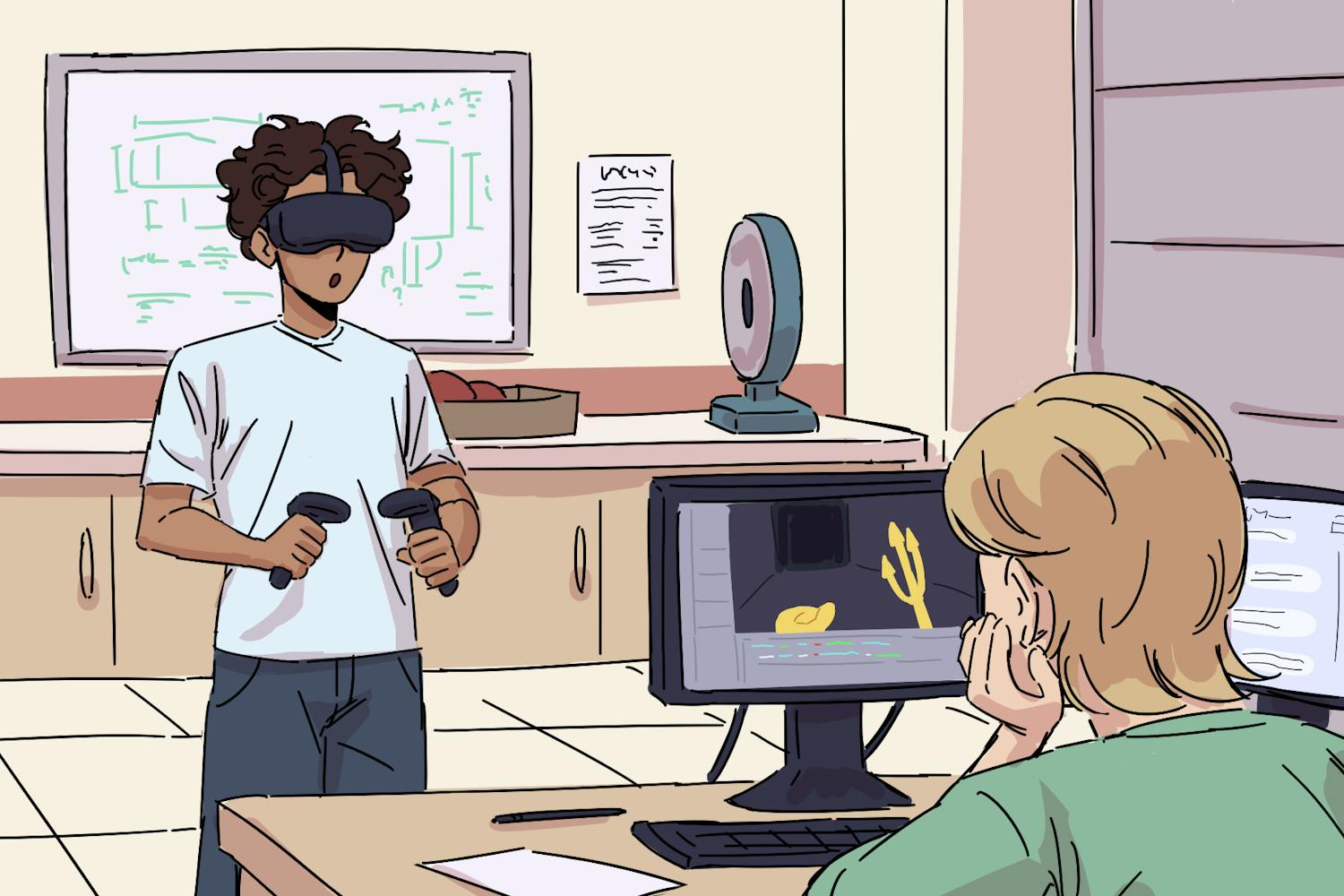I faced "Half Life 2" with high hopes. Not only did it have lots of time to build publicity, but also Valve has a good reputation.
And then I loaded it. Or tried loading it.
The "Steam Engine" (a requisite to play "HL2") is very appropriately named, since it steams gamers without fail.
It's essentially an anti-piracy tool masquerading as an easy way to connect to online gaming, other Valve demos and immediate updating.
Granted, Valve already took a beating on sales when their beta was pirated worldwide well before the game's intended release, and it does say on the box that you have to have an Internet connection to play; but that doesn't change the fact that Steam is -- bar none -- the most annoying feature I've ever endured.
It consistently pops up with "would you like to download" this or that. Not to mention it insists on running in the taskbar.
So after a scathing (albeit unanswered) letter to Valve's customer support, I worked it out.
And then the animosity faded away when I began playing the game. I wanted to stand firm on my distaste of the Steam Engine, but from the very onset, "Half Life 2" stood well above what I was expecting. I couldn't help but keep playing.
For one, the graphics are insane -- truly. The amount of detail so closely resembles real life that it transcends the boundaries of past first-person shooters. Even the first "Half Life" (still undeniably cool) had moments where you were reminded that this was a game: pixilated detail, blocky facades and somewhat linear design.
In "HL2," the water, the rust, the way in which everything reacts to you -- you get lost and suddenly realize that funny feeling in your stomach means you haven't eaten all day.
And while I like to think my PC is rather speedy, it's nothing to brag about; but "HL2" purred along without so much as a catch in the graphics or a second of lag.
I know most first-person shooting games are linear by design, but "HL2's" open and explorable spaces made me ask, "Was I supposed to go this way?" It reminded me of Eidos' masterpiece "Deus Ex," where stratified structures really add to the sense of freedom during game play.
The sound is great without being overwhelming: You can turn any aspect of it down anyway. But at intense moments, hearing techno amid the shouts and gunfire brings up the pulse. Even if you're running standard speakers, Valve really replicated the Doppler effect well, giving players a good idea where something is coming from and how far away it is.
Integrating a short tutorial into the introduction and making weapons acquisition relate to plot progression adds to the game's narrative while giving beginners a chance to get up to speed.
If this happens to be someone's first first-person shooter game, the autosave and quicksave functions make redundant replay a thing of the past.
Plus, you can change the difficulty level as you play: opting for more health and energy pick-ups and fewer enemies one minute but changing it to an all-out shooting fest the next minute.
The good news is, "HL2" will definitely have expansion packs. Maybe Valve will even spare us the Steam Engine in the concurrent add-ons, though not likely. It would be difficult to improve on the graphics or the smoothness, so we're likely to see a plethora of new weapons and different enemies.
Despite hanging at $55 for a while after the initial release, you can often find it for about $40 and, after wading through Steam, it's well worth it.
This title was delayed for quite a while, but apparently Valve did right by gamers. They released a game that not only broke ground so far as graphics and environment are concerned, but also made sure it doesn't require a screaming PC to play it or a load of patches to make it clean.
Reach opinion editor Darren Todd at darren.todd@asu.edu.




